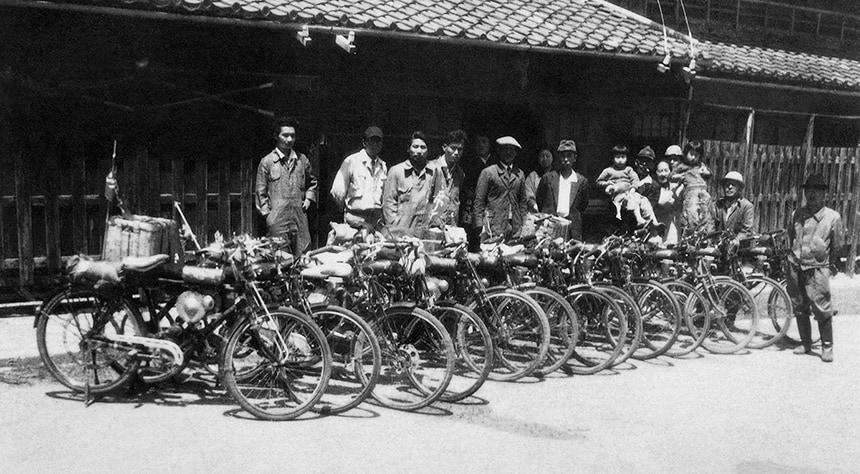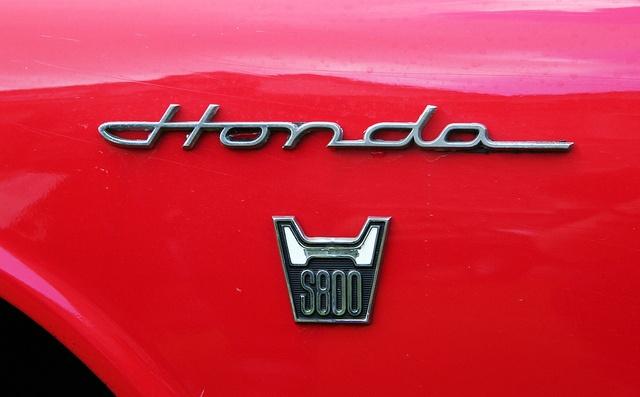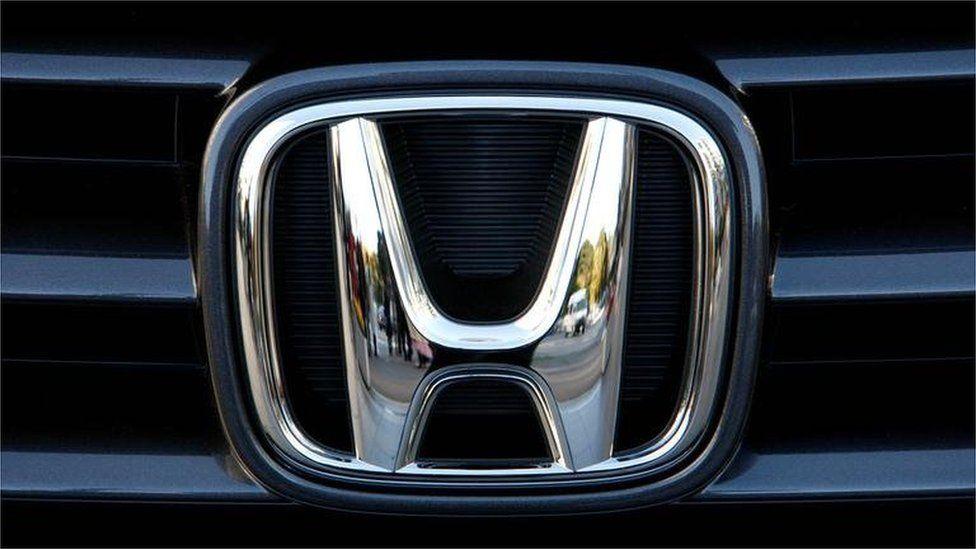What Does Honda Mean In Japanese?
By Sebastian Orellana
Updated Feb 18, 2024

Honda is a Japanese automotive and motorcycle manufacturer that has become one of the world's most recognizable brands. The Honda name originates in Japanese, and its meaning is closely tied to the company's history.
Table of Contents
This post will explore what Honda means in Japanese, how it connects to the company's origin story, and why it is so widely recognized.
READ: What Adds Horsepower To A Car?
Origin of the Honda Name

The Honda name was first used by the company's founder, Soichiro Honda, in 1948 when he founded the Honda Motor Company. The name was derived from his surname, which can be written in two different characters in Japanese: 本田 and 本多. The two characters combined mean "original ricefield" and are thought to be related to the area where Soichiro Honda was born.
Honda's Meaning in Japanese
In Japanese, the Honda name is written as 本田, which is composed of two kanji characters: 本 (hon) and 田 (da). The first character, 本, means "original" or "basis," while the second, 田, indicates "ricefield" or "field." Together, the two characters form the phrase 本田, which translates to "original ricefield" or "source of the ricefield.”
Honda's Meaning in Other Languages
In some other languages, the meaning of the Honda name can change slightly. In Chinese, for example, the name is written as 本马, which is composed of the characters 本 (ben) and 马 (ma). The first character, 本, still means "original," but the second character, 马, means "horse" instead of "ricefield." Together, the two characters form the phrase 本马, which translates to "source of the horse."
Honda's Logo
The Honda logo is composed of an "H" in a circle and was designed by Soichiro Honda. The logo represents the company's desire to "go further," and its design is closely linked to the meaning of the Honda name in Japanese. The "H" in the logo is a reference to the first kanji character in Honda's name, 本, which means "original" or "basis."
In contrast, the circle references the second kanji character, 田, which means "ricefield" or "field." The logo symbolizes the company's desire to be the "source of the ricefield."
READ: What Year of Honda is Most Reliable?
Honda's Mission

Honda's mission is to "advance the power of dreams" by creating products that are "human-centered, environmentally responsible, and economically viable."
This mission is closely tied to the meaning of the Honda name in Japanese, as it emphasizes the importance of the company's origin story and commitment to creating innovative, sustainable products.
Honda's Values
Honda's values are closely tied to its mission and the meaning of its name. The company is committed to creating products that are "human-centered, environmentally responsible, and economically viable." Additionally, Honda believes in "respect for the individual, the pursuit of excellence, and the power of dreams."
These values are closely linked to the idea of the "original ricefield," as they emphasize the importance of innovation, sustainability, and the pursuit of excellence.
Honda's Global Presence
Honda is a global brand with a presence in more than 150 countries worldwide. The company is one of the world's largest automakers and the largest motorcycle manufacturer in the world. Honda's products are sold in more than 35 countries and employ over 200,000 people across the globe.
The Dream of Automobiles

By the late 1940s, Honda was firmly established as a leader in the motorized bicycle market. However, Soichiro Honda had a bigger dream—to produce automobiles. In 1948, Honda officially established the Honda Motor Company, Ltd. and began the development of its first automobile, the T360.
The T360 was revolutionary, the first Japanese car to feature a four-cylinder engine. After the success of the T360, Honda produced more innovative vehicles, such as the S500 and the N360.
Expansion and Globalization
In the late 1960s, Honda began to expand its business beyond Japan. Honda set up production facilities in the United States, Europe, and several other countries to increase global reach. By the 1970s, Honda was a major player in the automotive industry, and its vehicles were sold in more than 140 countries.
Honda also began to diversify its product offerings, producing motorcycles, power products, and engines during this time.
Honda's Impact
Honda's impact on the world cannot be underestimated. The company has revolutionized the automotive and motorcycle industries and has become one of the most recognizable brands in the world. Honda's products have helped improve the lives of millions of people worldwide, and its commitment to creating products that are "human-centered, environmentally responsible, and economically viable" has set the standard for other companies to follow.
Honda Today

Today, Honda continues to produce some of the world's most popular and reliable vehicles. Honda's lineup includes everything from compact cars to luxury SUVs. Honda is also a leader in developing environmentally friendly vehicles, producing battery electric, hybrid, and fuel cell vehicles.
Additionally, Honda continues to invest heavily in research and development, producing cutting-edge technology and vehicle features.
READ: The History of the Sports Car: A Timeline
Conclusion
In conclusion, the Honda name originates in Japanese, and its meaning is closely tied to the company's origin story. The name is composed of two kanji characters, 本 (hon) and 田 (da), which together mean "original ricefield" or "source of the ricefield."
The Honda logo and mission are also closely linked to the meaning of the name, as they emphasize the importance of innovation, sustainability, and the pursuit of excellence. Finally, Honda has become one of the most recognizable brands in the world, and its products have helped to improve the lives of millions of people around the world.
